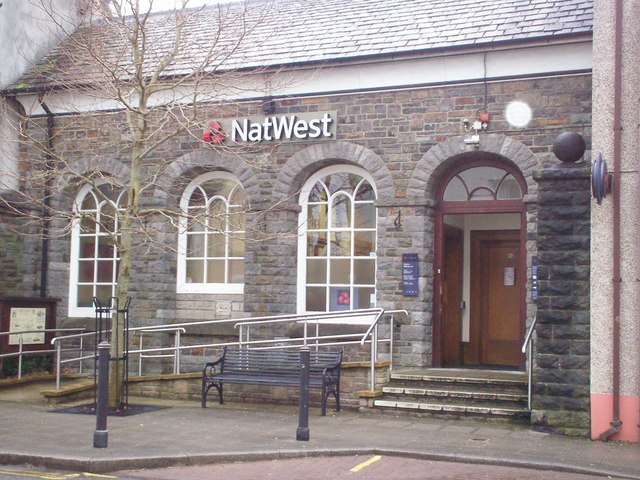
An independent review has exposed "serious failings" by NatWest in its handling of Nigel Farage when the bank closed down his Coutts bank account. The review found that the bank failed to
properly communicate its decision and also raised concerns about the treatment of Mr. Farage's confidential information.
However, the review affirmed the legality of the account closure, which was primarily driven by commercial reasons.
Mr. Farage has criticized the review, describing its findings as "laughable" and accusing the law firm Travers Smith, which conducted the investigation, of taking a "mealy-mouthed approach."
Earlier this year, Mr. Farage, a prominent Brexiteer, revealed that Coutts, a prestigious private bank for the wealthy and owned by NatWest, planned to close his account without providing a clear reason.
The BBC reported that Mr. Farage's account was being closed because he no longer met the wealth threshold for Coutts. Later, Mr. Farage obtained a report indicating that his political views were also considered in the decision.
The controversy led to the resignation of NatWest's CEO, Dame Alison Rose, who acknowledged making a mistake in discussing Mr. Farage's relationship with the bank. It also sparked a public debate about bank accounts being closed due to individuals' political views.
The review conducted by Travers Smith found that the decision to close Mr. Farage's Coutts account was "predominantly a commercial decision." The bank considered its relationship with Mr. Farage commercially unviable due to significant financial losses.
The review also noted that other factors were taken into account, including the impact of Mr. Farage's public statements on issues like the environment, race, gender, and migration on Coutts' reputation with customers, staff, and investors. While these public views were not the sole determining factor, they were considered to support the decision.
The review also found that the decision made in May 2022 to continue classifying Mr. Farage as a Politically Exposed Person (PEP) was "incorrect." A PEP is generally considered to present a higher risk for financial institutions due to their potential involvement in bribery and corruption, and banks are required to conduct extra due diligence on them.
NatWest, which is 39% owned by the taxpayer, apologized for the "unacceptable failures" and witnessed a significant drop in its shares, the largest since the Brexit vote in 2016, following the release of the report.
Sir Howard Davies, NatWest Group Chairman, expressed regret for how Mr. Farage was treated and acknowledged the shortcomings in communication and client confidentiality.
The Information Commissioner's Office found that Dame Alison had breached Mr. Farage's privacy rights. The Financial Conduct Authority, which regulates banks, is investigating both NatWest and Coutts, highlighting potential regulatory breaches.
In response to the report, Dame Alison clarified that she inadvertently confirmed what had already been widely reported, and she had no knowledge of the comments made by Coutts staff about Mr. Farage.
NatWest pledged to take steps to ensure that "lawfully protected beliefs or opinions of customers do not play any role" in bank account closures. Sir Howard emphasized the bank's commitment to preventing such incidents from happening again. Photo by welshbabe, Wikimedia commons.




































